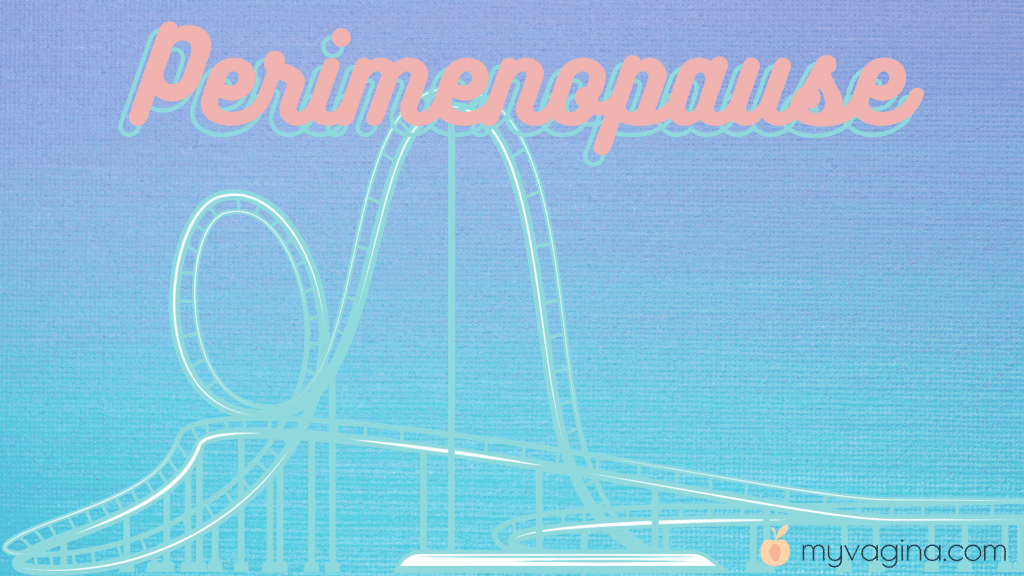There are several phases of entering full menopause, with this first stage called perimenopause. Perimenopause is where some feel the effects of fluctuating hormone levels. Once completely postmenopausal, these issues usually go away.
First phase – changes in progesterone and oestrogen levels
- Periods become less frequent
- Cycle length may shorten initially and then increases
- Vaginal dryness
- High histamine levels
- Insomnia
- Hot flushes
- Night sweats
- Weight gain
- Migraines
- Mood symptoms
Second phase – menopause arrives
- Period doesn’t come for a year
- Very sparse periods may lead up to this time
- ‘Flooding’ period, usually right before they stop altogether
- The first phase symptoms may or may not continue past this point
- Joint pain
- Stiffness
- Lowered libido
- Mood symptoms
- Vaginal dryness
- Change in body shape (more abdominal weight, less muscle)
- Significant event for the body
Menopause refers to the very last menstrual period, only identifiable in hindsight with someone being considered “postmenopausal” when there hasn’t had a period for 12 months.
Some of you will stop getting symptoms after the final period, while others will continue to get hormonal and physical symptoms beyond this.
Getting perimenopausal symptoms? Book with one of our specialist practitioners for support.
Price range: USD $130.00 through USD $275.00
This product has multiple variants. The options may be chosen on the product page
Original price was: USD $149.00.USD $129.00Current price is: USD $129.00.
BEST ORAL PROBIOTIC







